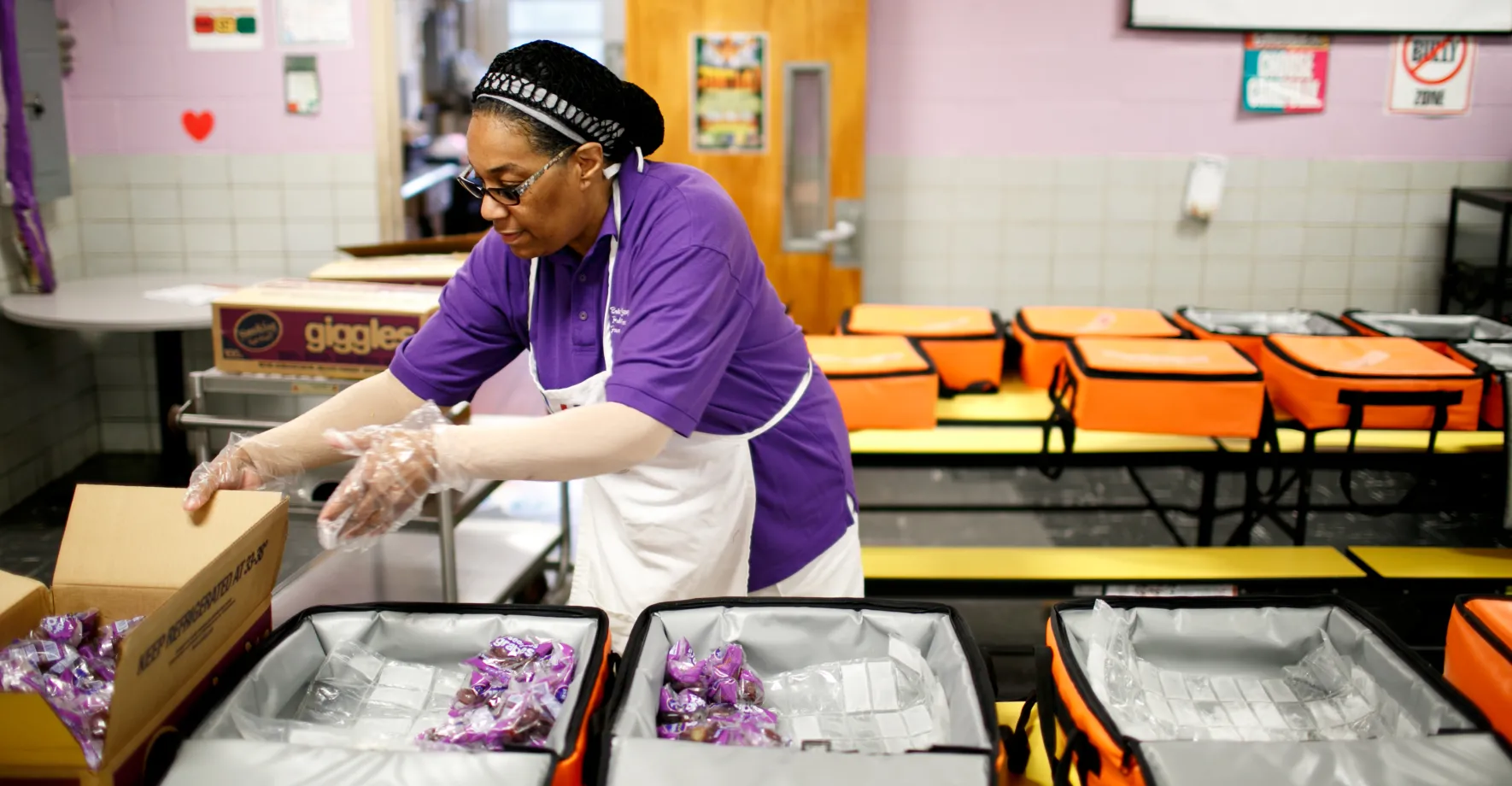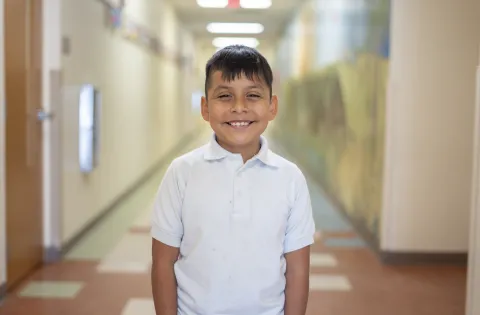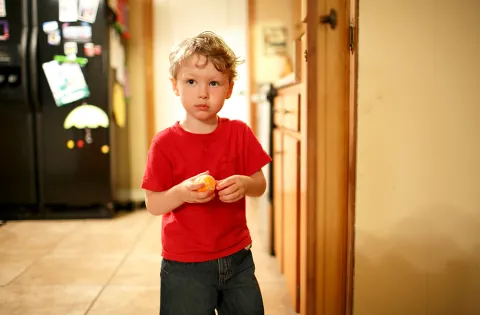
States are the laboratories of democracy. State programs are experiments in how to better serve people, so we can learn from - and borrow - the most effective approaches.
At No Kid Hungry, much of our work is about feeding kids by helping local partners across the country as they launch or improve meals programs like school breakfast. But we also have staff experts who conduct research to make sure the approaches we're recommending are truly the best ones. That's why we set out to learn more about state agencies that run child nutrition programs, specifically agencies that have changed the way they operate. Does it make them more effective? Can they help more kids?
The programs that feed kids are federally funded but administered at the state level. Federal law requires that one such program - the national school lunch program - be run by the state education agency, but others, such as summer meals or afterschool meals programs, might be run by other agencies, like the state department of health. These decisions vary from state to state, and they're not permanent; a state might shift responsibility for a meals program from one agency to another.
This was the focus of our report. What happens to the programs that kids rely on most - school breakfast, school lunch, summer meals and afterschool meals - when states change which agency runs them?"
We looked at seven state agencies as part of this project. The tough part was that these are complex agencies administering complex programs, and every state is different.
Still, there were some recurring themes. When done well, changing how agencies operate can lead to better service, economies of scale and - most importantly - an increase in the number of kids getting healthy meals. But we also learned that doing it well is tricky - this is not something state agencies should take lightly.
If you work with or for a state agency that's considering such a move, there's a lot here you'll find valuable. Check out our full report.


